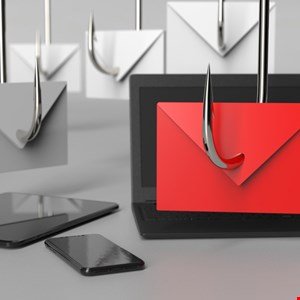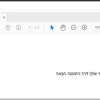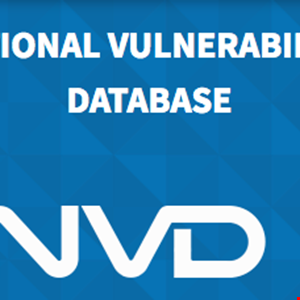[ad_1]
Cybersecurity experts have issued a cautionary alert regarding the proliferation of fake online deals for the popular weight-loss drug Ozempic.
Despite its primary use in treating diabetes, Ozempic has gained traction among individuals seeking weight loss due to its appetite-suppressing properties, supported by celebrity endorsements. However, this surge in demand has also led to a rise in fraudulent activities targeting hopeful consumers.
According to new Kaspersky’s findings published today, an alarming trend has emerged wherein phishing pages masquerading as legitimate vendors offer Ozempic at discounted rates.
These deceptive websites lure unsuspecting users into providing personal information, including sensitive data like banking details, under the guise of purchasing the drug. The sophistication of these phishing pages makes it difficult to distinguish them from genuine online retailers, amplifying the risk to potential victims.
Furthermore, scammers have expanded their tactics by offering additional incentives, such as smartphone applications purportedly aiding in weight loss tracking, to entice users further into their schemes. The consequences of falling victim to these scams extend beyond financial losses, potentially exposing individuals to identity theft and other forms of cybercrime.
Read more on similar phishing tactics: Email Nightmare: 94% of Firms Hit by Phishing Attacks in 2023
Kaspersky said its anti-phishing system recorded a substantial increase in thwarted attempts to access such fraudulent websites in 2023, underscoring the escalating threat posed by cyber-criminals capitalizing on societal trends.
“We believe that shedding light on this issue is crucial to safeguarding the well-being and security of consumers, particularly during awards season when many celebrities expected to show up to events like the Oscars having recently lost weight due Ozempic,” warned Olga Svistunova, a security expert from Kaspersky.
“It’s crucial to emphasize that purchasing such treatment should only be done through authentic pharmaceutical channels and with a doctor’s prescription,” Svistunova added.
To mitigate the risk of falling prey to phishing scams, Kaspersky also advised users to refrain from clicking on suspicious offers. Additionally, the company recommended verifying the legitimacy of websites and utilizing reputable security solutions to combat cyber threats effectively.
[ad_2]









Add comment